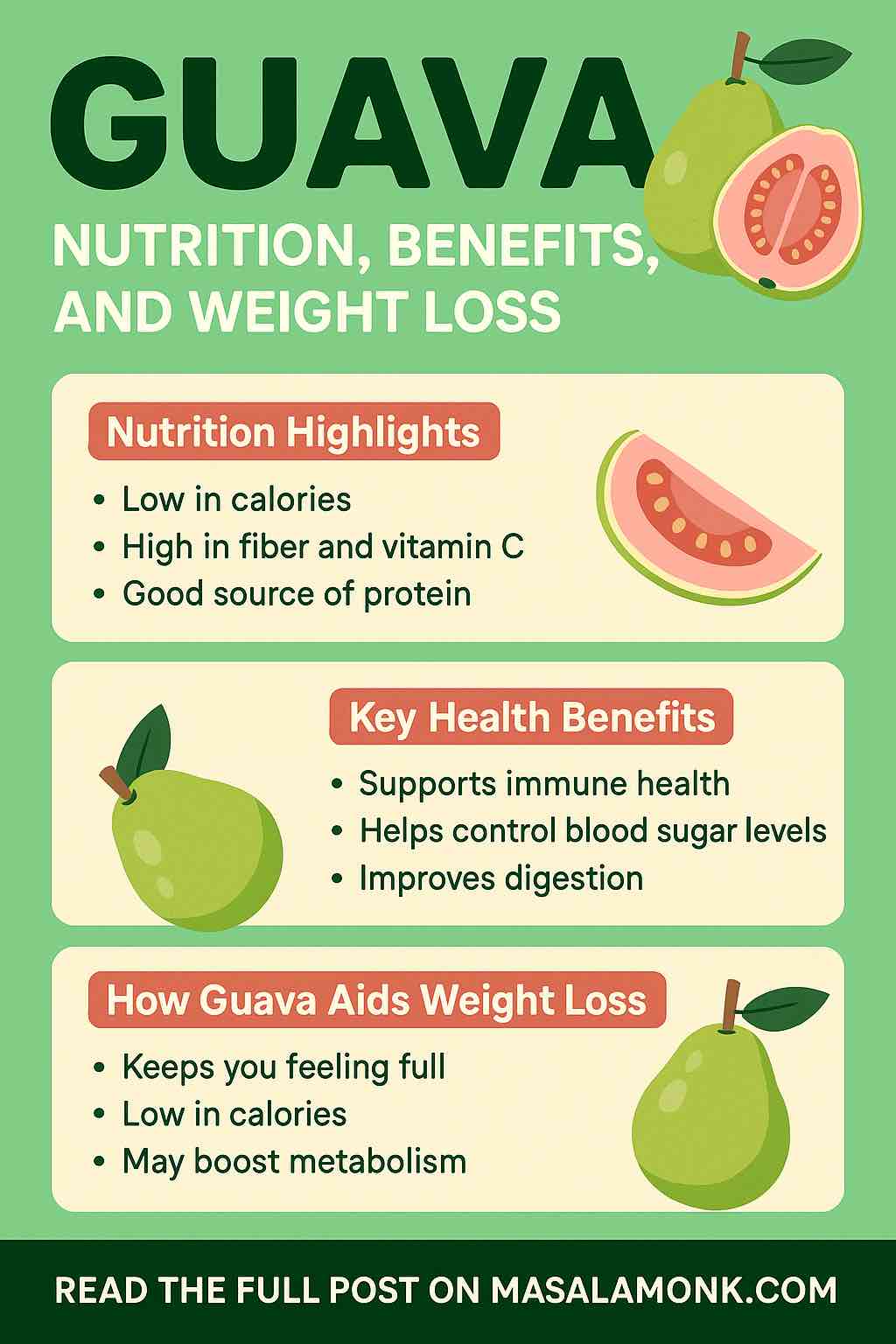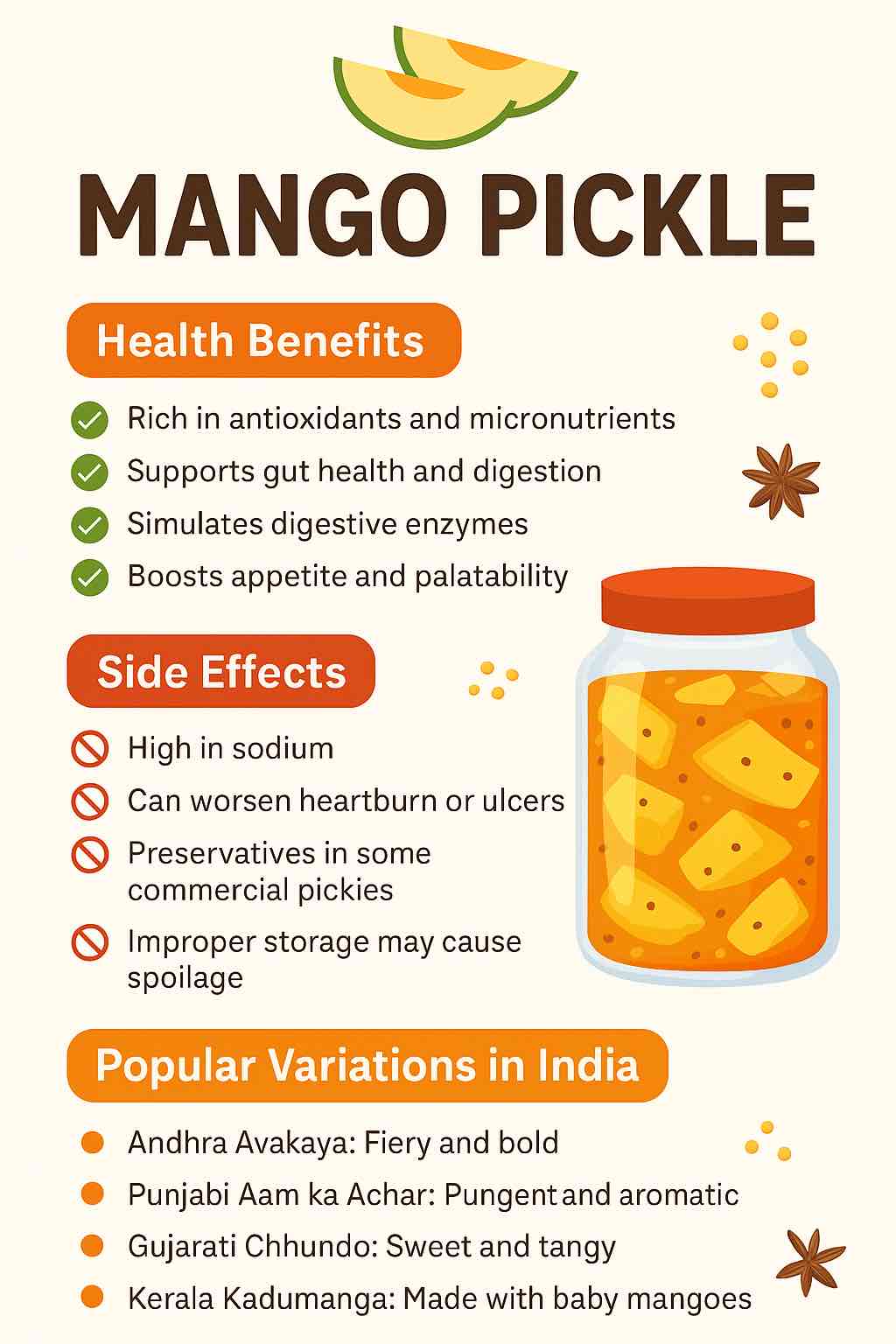
Intermittent fasting (IF) has swept across the health and wellness world, promising everything from weight loss to better brain function and even anti-aging benefits. But if you’re a tea lover—or just someone trying to survive those fasting hours—a common question arises: Does tea break a fast? What kind of tea is best, and how can it help (or hurt) your fasting journey?
This guide goes beyond generic advice, drawing from the latest research, real-world user experiences, and expert tips. Whether you’re a fasting newbie or a seasoned faster looking to up your game, let’s dive deep into the fascinating intersection of tea and intermittent fasting.
1. Intermittent Fasting 101: A Quick Refresher
Intermittent fasting is an eating pattern where you cycle between periods of eating and fasting. Common approaches include:
- 16:8: 16 hours fasting, 8 hours eating
- OMAD: One meal a day
- 5:2: 2 days/week with limited calories, 5 days normal eating
- Alternate-Day Fasting: Every other day, fasting or severe calorie restriction
Why fast? Research shows IF can support weight loss, improve insulin sensitivity, reduce inflammation, and may even boost longevity .
2. Why Tea is a Fasting Favorite
Tea isn’t just a delicious drink—it’s a fasting MVP for several reasons:
- Virtually calorie-free: Most plain teas have 0–2 calories per cup.
- Fights hunger: Caffeine and certain compounds (like EGCG in green tea) help suppress appetite.
- Hydration: Staying hydrated is crucial during fasting, and tea makes water more interesting.
- Antioxidant boost: Polyphenols in tea support cellular health.
- Mood and focus: The combination of caffeine and L-theanine (in green tea) can boost alertness without the jitters of coffee.
3. Does Tea Break a Fast? Science Speaks
The million-dollar question: Will drinking tea ruin your fast?
Plain Teas: Fast-Friendly
Plain green, black, oolong, white, and most herbal teas do not break a fast. They contain virtually no calories, don’t spike insulin, and don’t disrupt autophagy (the “cellular cleaning” process fasting is known for) .
What will break your fast:
- Tea with milk, sugar, honey, or syrups (even a splash can introduce enough calories to disrupt fasting benefits)
- Caloric or dessert-flavored teas (think chai lattes or sweetened ready-to-drink teas)
- Some calorie-dense herbal blends (usually with dried fruit)
Flavor Without Calories: A Gray Area
Some users report that intensely flavored teas—even if unsweetened and calorie-free—can trigger hunger or cravings. This may be a “cephalic phase” insulin response, where just the anticipation of sweetness prompts your body to get ready for food.
4. Best Teas for Fasting: Green, Black, Herbal & More
Let’s break down the best choices:
| Tea Type | Calories | Fasting Safe? | Notable Benefits | Cautions |
|---|---|---|---|---|
| Green tea | ~0–2 | Yes | Appetite control, fat oxidation, alertness, antioxidants (EGCG) | May cause nausea on empty stomach |
| Black tea | ~0–2 | Yes | Appetite control, gentle energy boost | Tannins can irritate stomach |
| White tea | ~0–2 | Yes | Mild flavor, antioxidants | Lower caffeine |
| Oolong/pu-erh | ~0–2 | Yes | Fat metabolism, unique flavor | |
| Peppermint/rooibos | ~0–2 | Yes | Caffeine-free, soothing, hydration | Intense flavor may trigger hunger |
| Chai (unsweetened) | ~0–2 | Yes | Spicy, warming | Sweetened chai will break fast |
Pro Tip: Start with plain green or black tea and experiment with herbal blends if you want a break from caffeine.
5. User Experiences: The Good, Bad, and Surprising
From Reddit, forums, and real-world stories:
- Plain black/green tea is widely accepted: Most fasters find no issues.
- Flavored herbal teas can increase hunger: “Flavored teas make me HUNGRY. Standard black or green tea has little to no effect, but a herbal peach is crazy.” (Reddit)
- Green tea can cause nausea: Especially on an empty stomach, many users feel queasy—try black tea or wait until later in your fast.
- Peppermint/rooibos are popular non-caffeinated choices: Gentler on the stomach, rarely provoke hunger.
- Experimentation is key: Some thrive on tea, others find it increases cravings or GI discomfort. “Listen to your body” is a universal mantra.
6. Maximizing Results: Timing, Dosage, and Practical Tips
How do you get the most from your tea during IF?
Morning (Start of Fast)
- Green or black tea: Boost alertness, support metabolism, stave off morning hunger.
- Sensitive stomach? Try white tea, peppermint, or a milder herbal blend.
Mid-Fast (Hunger Peak)
- Green tea (2–4g/day or ~60–100mg EGCG): Shown to increase fat oxidation by ~3–4% and help manage appetite if consumed around hour 10–14 of a fast【yahcha.com†source】【senchateabar.com†source】.
- Caffeinated teas: Help beat the midday slump. Avoid overdoing it—too much caffeine can cause jitters, anxiety, or sleep problems.
Evening (Closing Fast/Feeding Window)
- Herbal teas: Peppermint, chamomile, or rooibos can soothe digestion and help wind down.
- Avoid green/black tea if sensitive to caffeine late in the day.
Other Pro Tips
- Don’t add sweeteners, milk, or caloric flavorings.
- Try “sipping, not chugging”: Spread tea intake throughout the fasting window for steady hydration and hunger control.
- Stay hydrated with water, too.
- Watch iron absorption: Heavy black or green tea drinkers should separate tea from iron-rich meals or supplements.
7. Cautions & Special Considerations
- Green tea extract ≠ brewed tea: Supplements can cause liver toxicity in high doses; brewed tea is safer.
- Digestive sensitivity: If you get queasy or jittery, switch to herbal teas or delay tea until after you’ve eaten.
- Underlying health issues: Those with iron deficiency, anxiety, or caffeine sensitivity should moderate intake and consult a healthcare provider if needed.
- Pregnancy/Breastfeeding: Herbal teas vary widely in safety—check individual ingredients.
8. Sample Fasting Tea Routine
Here’s a practical 16:8 intermittent fasting tea schedule you can tweak to fit your style:
- 7am (Start Fast): Cup of warm green tea
- 10am: Black tea or yerba mate for focus
- 12pm: Herbal tea (peppermint, rooibos) to hydrate and keep hunger at bay
- 2pm: More green tea if desired, or switch to decaf
- 4pm (End Fast): Gentle herbal blend to soothe digestion, then begin eating window
Adjust based on your caffeine sensitivity, hunger signals, and taste preferences!
9. Final Thoughts: Experiment and Enjoy
Tea and intermittent fasting are a match made in wellness heaven—when done right.
For most people, plain unsweetened tea enhances fasting, eases hunger, and adds antioxidants without sabotaging results. But everyone’s different: experiment with types, timing, and amounts to find your fasting “sweet spot.”
Pro Tip: Start simple, listen to your body, and don’t hesitate to tweak your tea routine as your fasting journey evolves.
Questions? Experiences to share? Drop a comment below or share your favorite fasting tea routine!
References:
- Green Tea Is Even Better For You Than You Think – TIME
- What Happens to Your Body When You Drink Green Tea Every Day – EatingWell
- Reddit: Intermittent Fasting and Tea Experiences
- ResearchGate: Green tea-dependent benefit of intermittent fasting in metabolic disease
- Yahcha: Intermittent Fasting in 2025 with Green Tea
- Sencha Tea Bar: Intermittent Fasting Tea
Frequently Asked Questions (FAQ)
1. Does drinking plain tea break a fast?
Answer:
No, plain unsweetened tea (green, black, oolong, or herbal) does not break a fast. It contains virtually zero calories and won’t spike insulin or stop autophagy. Avoid adding sugar, milk, honey, or syrups during your fasting window.
2. Can I drink flavored or fruity teas while fasting?
Answer:
If the tea is calorie-free and unsweetened, it technically does not break your fast. However, strong flavors or fruity blends may trigger hunger or cravings for some people. Monitor your body’s response and choose milder teas if you notice increased appetite.
3. Why does green tea sometimes make me nauseous during a fast?
Answer:
Green tea contains tannins, which can irritate the stomach lining, especially when consumed on an empty stomach. Try switching to black tea, herbal teas, or wait until later in your fasting window if you experience discomfort.
4. Will caffeine in tea cause dehydration during fasting?
Answer:
Moderate amounts of tea do not cause dehydration for most people. Tea contributes to your daily fluid intake. Excessive caffeine (over 400 mg/day) may cause mild dehydration or jitters, so balance tea with plenty of water.
5. What’s the best time to drink tea during my fast?
Answer:
Many find drinking tea helpful in the morning to boost alertness or mid-fast to curb hunger. Avoid strong caffeinated tea late in the day if it affects your sleep.
6. Are herbal teas (like peppermint or chamomile) good for fasting?
Answer:
Yes, most herbal teas are naturally caffeine-free and gentle on the stomach, making them a great choice during fasting. Be sure to choose blends without added sweeteners or fruit pieces that add calories.
7. Can I use artificial sweeteners in my tea while fasting?
Answer:
Most non-nutritive sweeteners (like stevia or monk fruit) do not contain calories and are unlikely to break your fast, but some people find they increase cravings or appetite. Try them and see how your body responds.
8. How does tea support weight loss during intermittent fasting?
Answer:
Tea (especially green tea) may boost fat oxidation, support metabolism, and help suppress appetite, making fasting more comfortable and possibly enhancing weight loss. The effect is modest and works best when combined with a balanced diet and regular fasting.
9. Does tea affect iron absorption?
Answer:
Yes, black and green teas can reduce iron absorption from plant foods. To minimize this, drink tea between meals (not with iron-rich foods), especially if you have or are at risk for iron deficiency.
10. Is it safe to drink a lot of tea every day while fasting?
Answer:
Most people tolerate 3–5 cups of plain tea per day without issues. Excessive intake, especially of strong green tea or supplements, may cause stomach upset, anxiety, or rare liver issues. Listen to your body and consult a doctor if you have health conditions or are pregnant/nursing.













